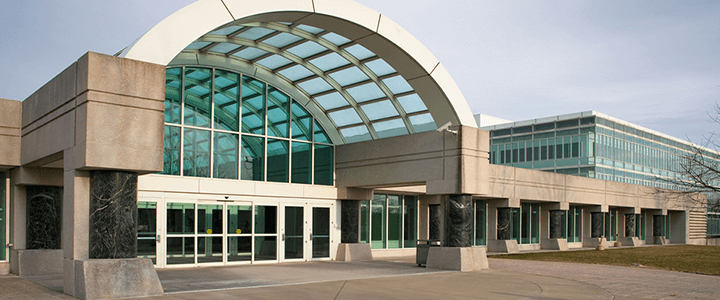Last month the Congressional Research Service published a report, CIA Ethics Education: Background and Perspectives. The report notes how critics have called into question the CIA ethics program, and if that program is more focused on legal compliance than comprehensive ethics education.
Some former employees of the agency have advocated for ethical reform, along with an established set of ethical norms or code of conduct. Others in the intelligence community have argued that it is impossible to introduce training on morality into what is so often viewed as an inherently duplicitous environment of covert action or clandestine foreign intelligence.
The report cited former Director of Central Intelligence William Webster who said, “In the United States, we obey the laws of the United States. Abroad we uphold the national security of the United States.”
That view has largely been seen as a “realist” perspective of ensuring national security in the context of international relations, where the state’s best interests are the preeminent driver of foreign policy. This in turn is where individual conduct comes into play. Subscribers to the realist perspective don’t exactly ignore personal morality, but must see it as secondary to the larger context of relations between states.
There is also another approach to ethics and intelligence, one that would call upon the principles of the law of war to sensitive intelligence activities, especially those that are of a serious nature or have serious implications for U.S. foreign policy as it relates to relations between states. This principle can then provide a guide to individual conduct even in situations that fall short of war, but may pose other threats to U.S. national security.
There are many that are skeptical of how ethics are often forced to fit into the construct of the Intelligence Community (IC).
“Questions of ethics are absolutely front and center in intelligence, even more so than in many other fields,” said Steven Aftergood, who directs the Federation of American Scientists (FAS) Project on Government Secrecy. “Ethical questions constantly arise both in the process of intelligence collection, and in intelligence reporting.”
Aftergood, who has been critic of U.S. government secrecy, generally favoring more openness, added that “intelligence collection means ‘stealing secrets’ from others and engaging in conduct that would normally be unethical and in violation of (foreign) law.
“This could involve theft, bribery, coercion, clandestine surveillance, and more,” Aftergood told ClearanceJobs. “But at least in U.S. intelligence, there are some ethical boundaries. U.S. intelligence officers are not supposed to engage in torture, murder, political assassination, or to cross certain other red lines. Unfortunately, such boundaries are violated from time to time. But defining them and maintaining them is an ongoing ethical task.”
Ethics and Your Security Clearance
The question of where security clearance then fits into the mix is even more complex for those in the CIA, where secrets kept in the name of national security could often be the sort of thing that should be disclosed in a security review.
“Ethics are a tricky thing when it comes to maintaining your clearance,” said Bradley P. Moss, Esq, of the Law Office of Mark S. Zaid, P.C.
“It’s very much an arbitrary decision by agencies whether breaching an ethical rule alone can justify an adverse clearance action,” Moss told ClearanceJobs. “When they do so, they almost always rely upon the catch-all adjudicative guideline, Personal Conduct (Guideline E). This guideline has more than once been used by different agencies to punish questionable or unethical conduct that might not violate the strict letter of a rule/regulation/law but that violates the spirit of it and raises concerns about the person’s good judgment and integrity.”
Questions of ethics don’t just take place around or outside of the IC The agencies themselves have developed a variety of resources around exploring topics of intelligence, including the CIA’s Center for the Study of Intelligence, which published its findings in a report titled “Integrity, Ethics and the CIA.”
“CIA ethics education should present ethics as an evolving framework of values that requires continual thought and attention,” the report notes. “It should creatively ask participants to consider the connection between their professional and personal ethics and should push them to think about reasons for differences between the two.”
These findings added, “Ethics education should be presented as something we pursue in our own self-interest, not as a matter of legal compliance or as ‘punishment’ for past misdeeds. It should be discussed as something that makes us better colleagues and managers and more effective as an organization. Ethics education for all parts of the Agency should be corporate in nature. Despite the significant differences in mission among the four directorates, the Agency cannot afford to have four separate ethical subcultures.”
Despite the resources invested internally in ethics education and standardization, Aftergood suggested there is room for even more improvement, particularly for those charged with taking their findings and presenting them to government leaders or the public.
“Ethical conduct is at least as important in intelligence reporting,” he told ClearanceJobs. “While intelligence collection often involves deception or worse, intelligence reporting has to be totally honest and scrupulous. If you deceive your bosses, or your national leaders, or your congressional overseers, then you corrupt the whole system. So instilling ethical awareness is an essential part of intelligence training.”




